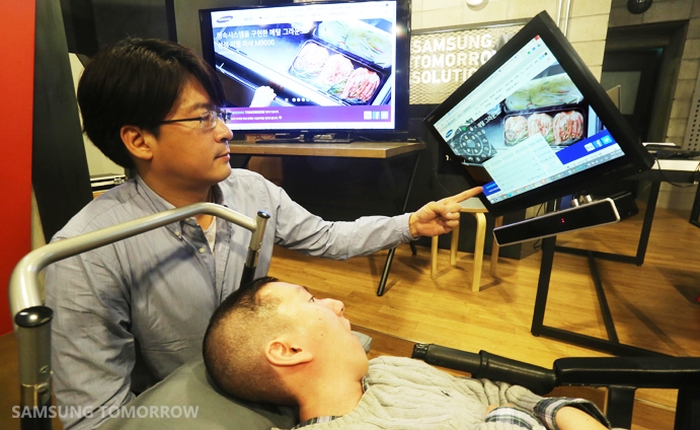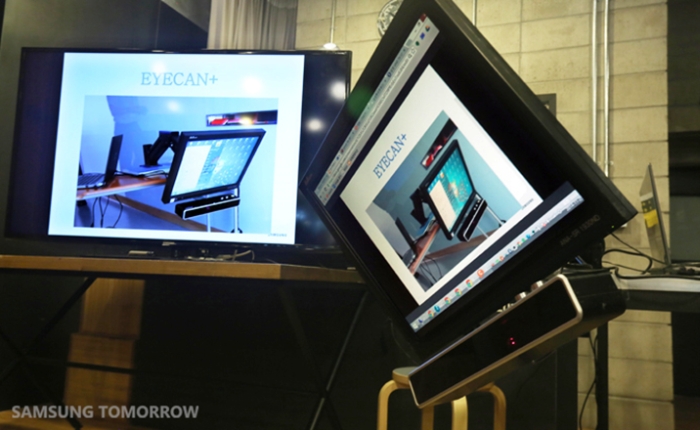It is true and known that the future is, necessarily, by new technologies. But they are still little known the consequences of modernization, however, some already alert to the impact that will have on employment. In the UK alone, in 20 years one in three employees will be replaced by a machine or software, tells the BBC.
It is not the machines feature now and mechanisms for speeding up the production process of certain dough products. The technology was early on strong ally of the industry, but now seems to expand.
A recent study by Deloitte and the University of Oxford suggests that, in 20 years, one in three employees UK be replaced by a machine or software. According to the BBC, 10 million jobs may have its days numbered.
The replacement of humans by equipment and products is viewed with concern by some professions, especially those that are more repetitive and routine and less remuneration.
The research carried out by the consultant in partnership with the university argues that jobs in administration, sales, transport, construction or mines present a great risk of no longer being made by people. Saved, for now, this sudden advance of technology are areas of computing, engineering, science, arts and the media, law, education, health and financial services.
In the United States, the use of new technologies is already a practice. According to a study by CareerBuilder, and quoted by the BBC, a number of companies – one in five – replacing employees by automated systems and if we speak of entities with more than 500 employees, the ‘replaced’ may amount to 30% .
However, the vast majority of companies (68%) that replaced their staff by automating said that the use of new technologies resulted in the creation of new jobs, mainly related to the use and maintenance of machines.


